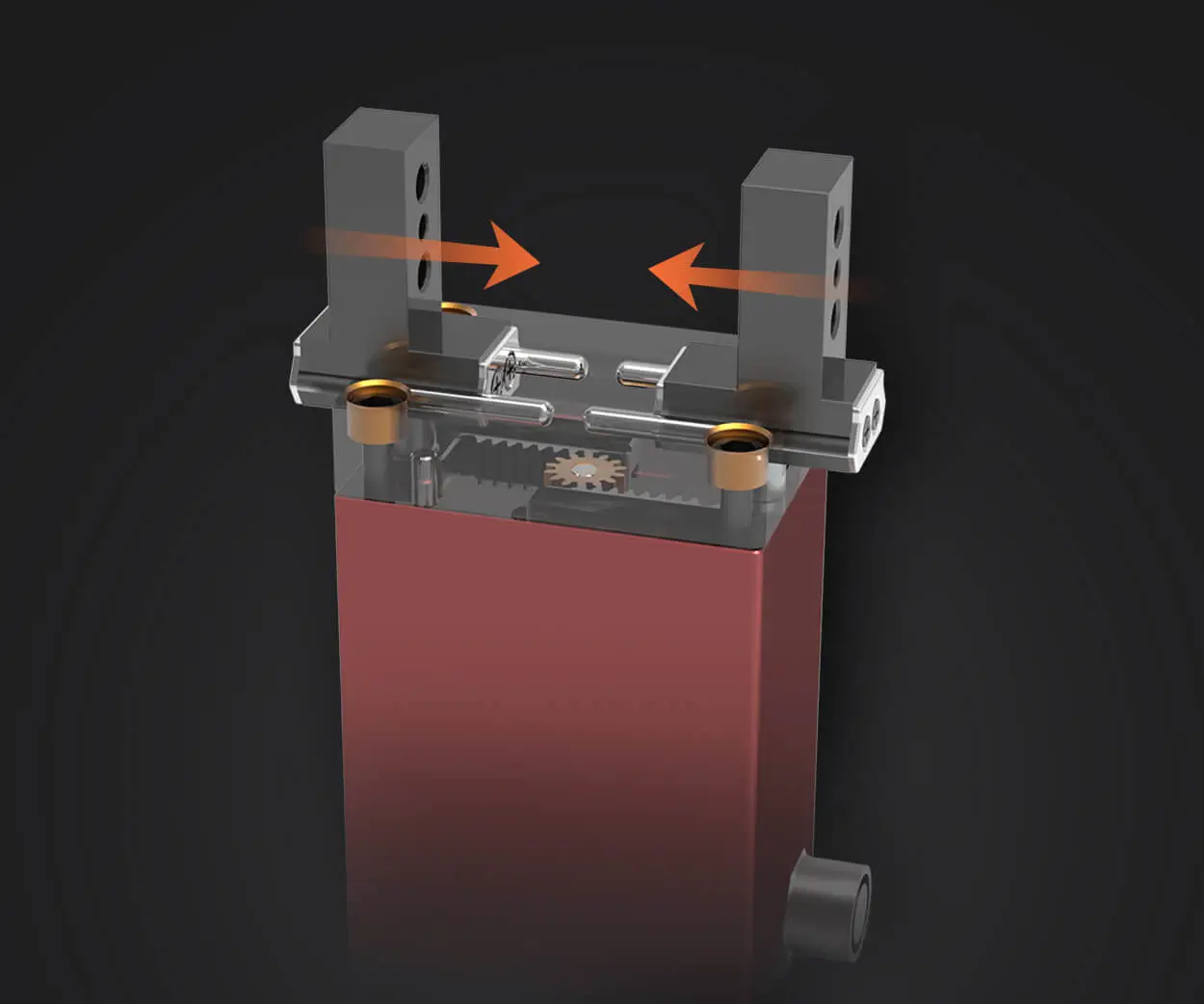Microservices with .NET Core: The Future of Scalable Application Development
Building scalable applications is no longer a “nice-to-have” in the modern tech landscape; it's essential. With businesses rapidly moving towards more efficient, scalable, and flexible software solutions, microservices have become a top choice for developers. If you're diving into .NET Core and looking to master microservices, there are key insights you’ll want to understand to stay ahead.

Microservices, when combined with .NET Core, create a perfect environment for modular, scalable applications. By splitting complex applications into small, independent services, microservices provide developers the flexibility to build, test, and deploy different components independently. But how exactly do microservices benefit developers working with .NET Core?
For starters, .NET Core provides a lightweight, cross-platform environment that's perfect for microservices. With microservices, each part of an application is responsible for a specific task or feature, and these services communicate with each other through APIs. This is especially useful when working in a cloud-native environment. The .NET Core framework ensures these services perform at scale and can be deployed across different platforms with ease.
Real-world Example
Imagine you're working on a large e-commerce platform. Instead of building one large monolithic application where all components (user management, inventory, payments, etc.) are tightly coupled, you can break the application into multiple services. You could have one microservice handling user accounts, another managing payments, and a third for inventory management. Each service can be independently developed, tested, and scaled as needed.
The beauty of .NET Core in this situation is that it supports all these services seamlessly. Whether you're deploying on Windows, Linux, or Docker containers, .NET Core handles the heavy lifting of making sure everything works together, even across different operating systems.
Common Questions and Insights
How do you manage communication between microservices?
This is one of the most common questions developers have. Microservices rely on inter-service communication, typically using RESTful APIs, messaging queues, or gRPC. With .NET Core, you can implement communication protocols easily using tools like ASP.NET Core for REST APIs or libraries like RabbitMQ and Azure Service Bus for messaging.
What about data consistency across services?
Managing data consistency in a microservices architecture can be tricky, especially when different services manage their own data stores. In .NET Core, this challenge is tackled by patterns like eventual consistency, CQRS (Command Query Responsibility Segregation), and event sourcing, which help keep everything in sync without sacrificing performance.
Why Choose Microservices with .NET Core?
Microservices with .NET Core bring numerous benefits to development teams. First, they support agile development by allowing teams to work independently on different parts of the application. This leads to faster deployment and iteration. Moreover, scaling individual services is easier—if your user authentication service is getting heavy traffic, you can scale it independently without affecting other services.
In addition, microservices are incredibly resilient. If one service goes down, it doesn't bring the whole system down. This fault isolation ensures higher availability and reliability. With .NET Core’s robust error handling, logging, and diagnostics features, developers can quickly address issues before they impact the user experience.
Conclusion
Embracing microservices with .NET Core isn't just about keeping up with trends; it's about future-proofing your applications. By leveraging microservices, you can scale your platform effortlessly, keep your codebase clean, and build a more flexible and resilient system. Plus, the performance, reliability, and cross-platform benefits of .NET Core will ensure your system performs at its best, no matter how complex it gets.
Established in 2005, Kpower has been dedicated to a professional compact motion unit manufacturer, headquartered in Dongguan, Guangdong Province, China. Leveraging innovations in modular drive technology, Kpower integrates high-performance motors, precision reducers, and multi-protocol control systems to provide efficient and customized smart drive system solutions. Kpower has delivered professional drive system solutions to over 500 enterprise clients globally with products covering various fields such as Smart Home Systems, Automatic Electronics, Robotics, Precision Agriculture, Drones, and Industrial Automation.




































